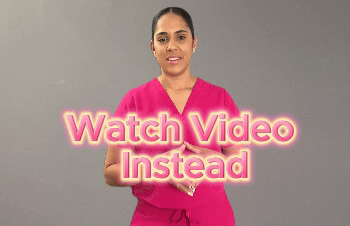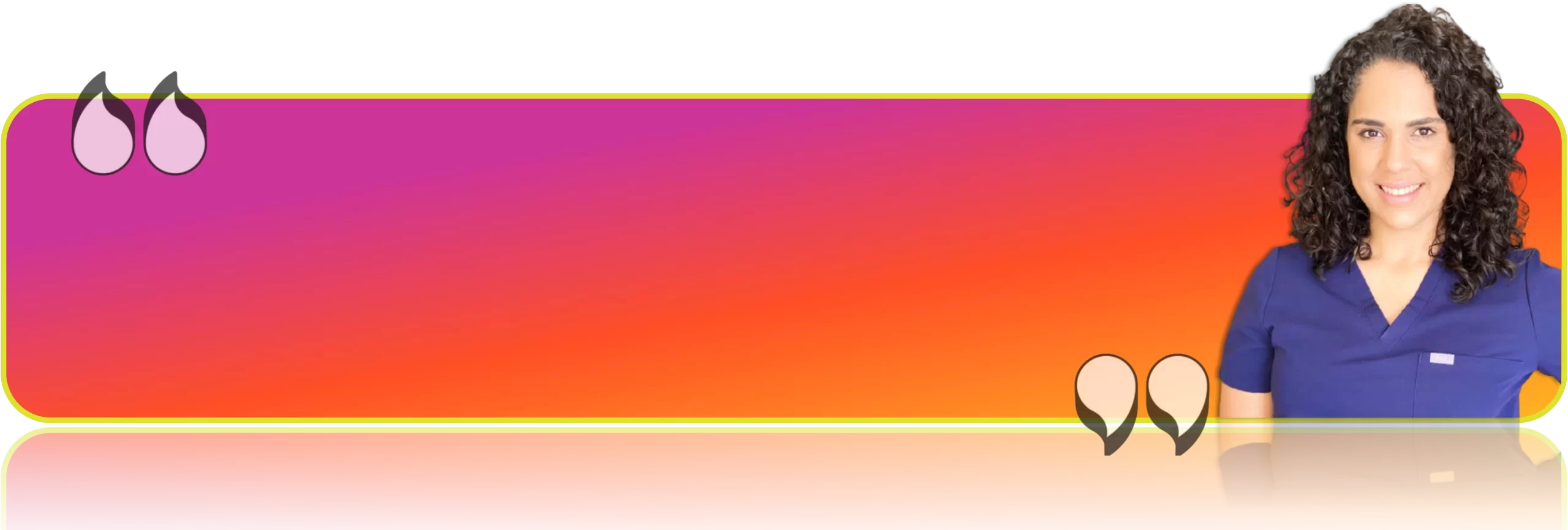Have you ever wondered what the best birth control is that suits your busy lifestyle or offers the least inconvenience? Do you get confused with so many contraceptive options and want clarity and expert advice? You’re not alone. In this article we’ll discuss everything to know about IUDs. Be sure to read questions other readers like yourself submitted below for even more insights.

Key Takeaways
- IUDs provide over 99% effective and convenient contraception.
- Two types: Hormonal and Copper.
- Quick return to fertility once the IUD is removed.
- Some initial discomfort or menstrual changes may occur.
- Other birth control options are available for different preferences.
What is an IUD and How Can it Benefit Women?
An Intrauterine Device, or IUD, is a tiny T-shaped device placed in the uterus to prevent pregnancy. It’s a highly favored form of contraception due to its effectiveness and convenience. IUDs come in two types—hormonal and copper—and each offers distinct features to suit various preferences and lifestyles. We’re here to help you decide which option is right for your body and your life.
How Do IUDs Function?
Hormonal IUDs release progestin, a hormone that thickens cervical mucus and thins the uterine lining. This combination makes it hard for sperm to reach an egg. Alternatively, copper IUDs utilize the natural sperm-repelling properties of copper to effectively prevent pregnancy.
Hormonal vs. Copper IUDs
Hormonal IUDs
Hormonal IUDs are beneficial for those wanting to lessen menstrual flow. They can lead to lighter, less painful periods and might eventually stop menstruation completely. These devices offer contraceptive protection for three to eight years, making them an attractive option for those seeking simplicity with menstrual cycle regulation advantages.
Copper IUDs
If you prefer to steer clear of hormones, copper IUDs are a suitable option. They can prevent pregnancy for up to 10 years, which is ideal for women looking for long-term contraception. Although they may initially result in heavier periods, many favor them because of their longevity and hormone-free formula.
Pros and Cons of Using IUDs
Benefits
- Outstanding Effectiveness: Both hormonal and copper IUDs boast over 99% efficacy.
- Convenience: No need to remember a daily pill.
- Quick Reversal: Fertility generally returns soon after removal.

Drawbacks
- Discomfort at Insertion: Some may feel cramps during the insertion process.
- Adjustment Period: Hormonal fluctuations and menstrual changes might occur.
- Rare Risks: Occasionally, IUDs might shift or lead to other complications.
Should You Consider an IUD?
IUDs are perfect for those wanting a reliable birth control method that requires minimal upkeep. They’re fitting for many women, including those who haven’t had children. A chat with your healthcare provider will allow you to evaluate both benefits and risks based on your health history and objectives.
What Happens During IUD Insertion?
Before insertion, we’ll discuss your medical background and address any questions. The procedure itself is swift, only taking a few minutes. Expect sensations similar to menstrual cramps. Many opt to relax or take over-the-counter pain relievers for extra comfort prior to their appointment.
When is an IUD Not Recommended?
Although IUDs are widely safe, certain situations make them unsuitable. Those with specific uterine issues or infections should avoid them. Women dealing with heavy, painful periods might reconsider copper IUDs, as they can intensify menstruation initially. Consulting a healthcare provider ensures it’s the right choice for your health needs.
IUD Care and Maintenance
Once your IUD is inserted, it demands little attention. Routine check-ups can confirm it remains in position. Be mindful of any unexpected symptoms and seek medical advice if anything seems amiss. The freedom from daily contraceptive planning is often a big plus, enhancing lifestyle satisfaction significantly.
Are There Birth Control Alternatives to IUDs?
If you’re unsure about IUDs, consider other methods such as birth control pills, patches, or implants. Each offers unique advantages, be it easier reproductive planning, hormonal adjustments, or user-friendliness. Discuss these options with us to identify a method that aligns with your personal health targets.
People Also Asked
It’s highly unlikely that your IUD will scratch your partner during intercourse. The IUD itself is positioned inside your uterus, and the strings that hang down from the device typically rest against the cervix. While some partners may feel the strings, this isn’t common, and they can often be trimmed to reduce any sensation. If you’re concerned, talk to your provider about adjusting the string length.
Yes, you can use tampons with an IUD. The IUD is safely placed within your uterus, so it won’t interfere with tampon use. However, it’s important to be gentle when inserting the tampon, especially during the first few months after the IUD is inserted, as your cervix may be a bit more sensitive during that time.
No, the pull-out method is not necessary if your girlfriend has an IUD. The IUD is a highly effective form of birth control that works on its own to prevent pregnancy, so there’s no need to rely on additional methods. However, it’s important to note that IUDs do not provide protection against sexually transmitted infections (STIs), so using condoms for STI protection is still a good idea.
Still have questions?
Don't worry, you are not alone. Remember that we are here to help and support you. Your well-being is important to us, and we're committed to assisting you through any challenges you may be facing. Besides, having questions is a good and healthy thing! Check out our additional resources below:
- Prefer reading? Here's an article from ACOG (American College of Obstetricians and Gynecologists) on the matter.
- Rather watch or listen? Here's a video of Nelly, one of our esteemed providers, discussing the topic.
- For general questions? Reach us via any contact methods listed at the bottom of this page (live chat, email, text messages, or call).
- For specific medical questions or advice, it's always best to schedule an appointment.
Enjoy countless hours of expert insights, wellness tips, with a dose of inspiration and humor. Your path to a healthier, happier you starts now!
